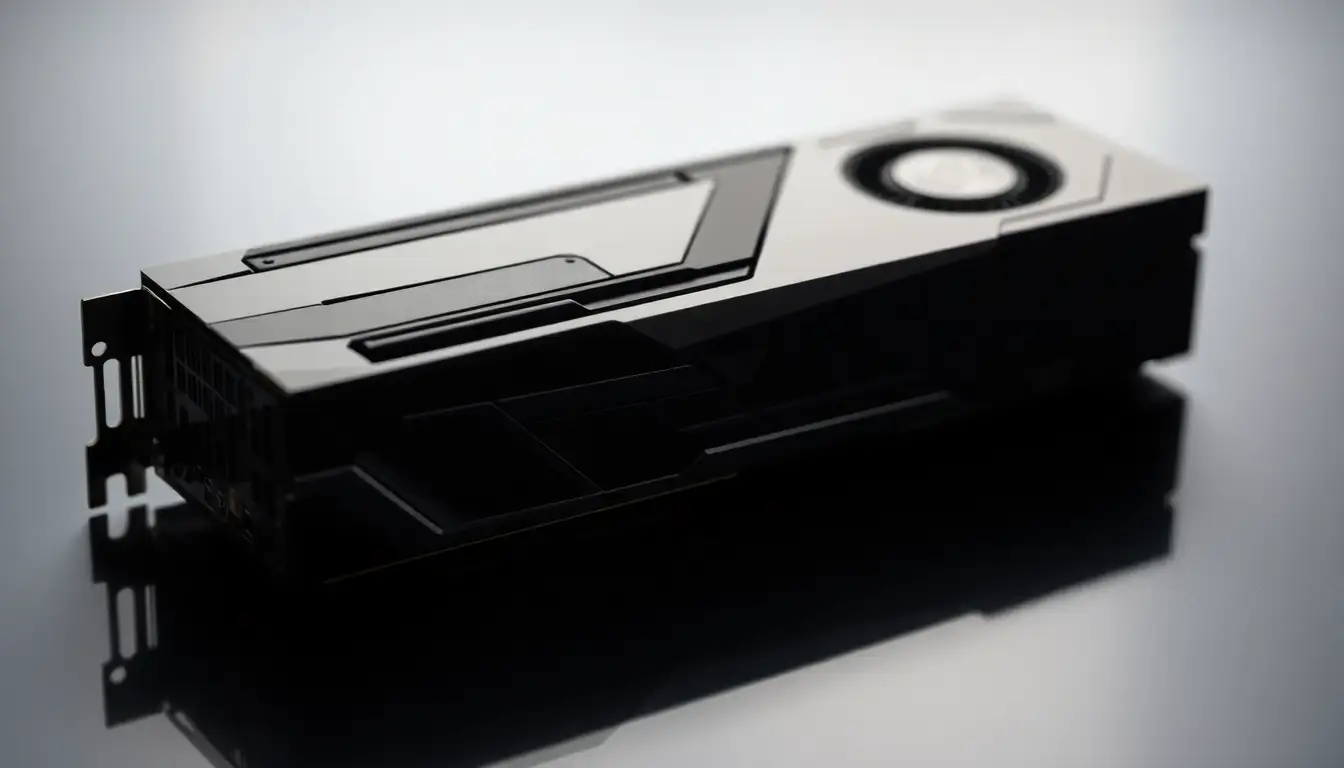
Now loading...
U.S. federal authorities have indicted four individuals on charges of smuggling high-performance Nvidia graphics processing units and supercomputers equipped with them from the United States to China, in violation of export restrictions aimed at curbing modern tech transfers.
The charges, detailed in a recent court document highlighted by Court Watch on Bluesky, come amid ongoing U.S. efforts to limit the flow of cutting-edge AI hardware to China. Washington has imposed bans on sales of Nvidia’s top-tier chips for AI applications to Beijing, yet firms such as DeepSeek have managed to develop sophisticated models like their R1 release earlier this year. Scale AI chief executive Alexander Wang recently commented that China likely possesses a substantial number of Nvidia’s H100 processors, defying the controls and suggesting clandestine channels at play.
Prosecutors allege the operation began in late 2023, involving the unlicensed shipment of 50 Nvidia H200 GPUs along with multiple consignments of the prior H100 model. To date, just one of the accused has been taken into custody, with the group facing accusations of smuggling goods, conspiracy and laundering money.
The defendants include U.S. citizen Mathew Ho, Chinese national Tony Li, Brian Curtis Raymond from Huntsville, Alabama, and Harry Chen. They purportedly used a shell entity named Janford Realtor LLC, which had no involvement in property dealings but acted as a conduit for the prohibited exports of U.S.-made AI-capable GPUs to mainland China.
Ho served as the firm’s registered representative, while Li was listed as a manager. Raymond, identified as the head and exclusive proprietor of an unnamed American enterprise, received close to $2 million from Janford. Public professional profiles portray Raymond as leading Bitworks, a firm focused on AI systems that distributes Nvidia and AMD products.
Investigators claim the conspirators sourced the hardware from suppliers, including Raymond’s outfit, funded by electronic transfers originating in Chinese banks. They allegedly relied on fabricated shipping documents and agreements to bypass regulatory checks.
Nvidia emphasized the stringency of the export regime in a statement, noting that even minor dealings in legacy items face intense oversight. A company representative added that assembling data centers from illicitly obtained components would be impractical from both technical and financial standpoints, given the scale involved, and Nvidia offers no maintenance for items under embargo.
Raymond recently announced on social media his appointment as chief technology officer at Corvex, an AI cloud services provider. However, a Corvex official clarified that Raymond holds no position there, describing him as a former advisor whose prospective employment has been withdrawn. The company denied any connection to the alleged misconduct outlined in the Justice Department filing.
